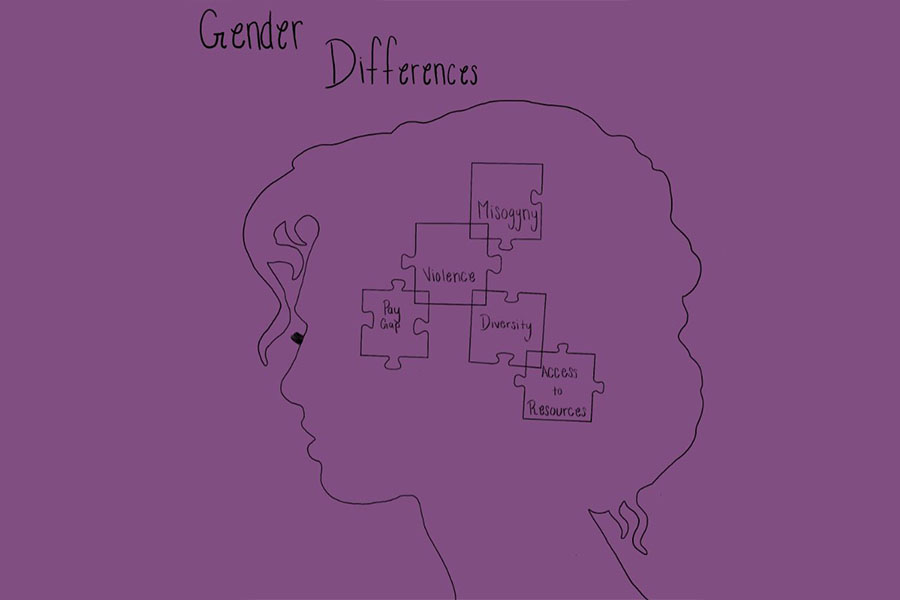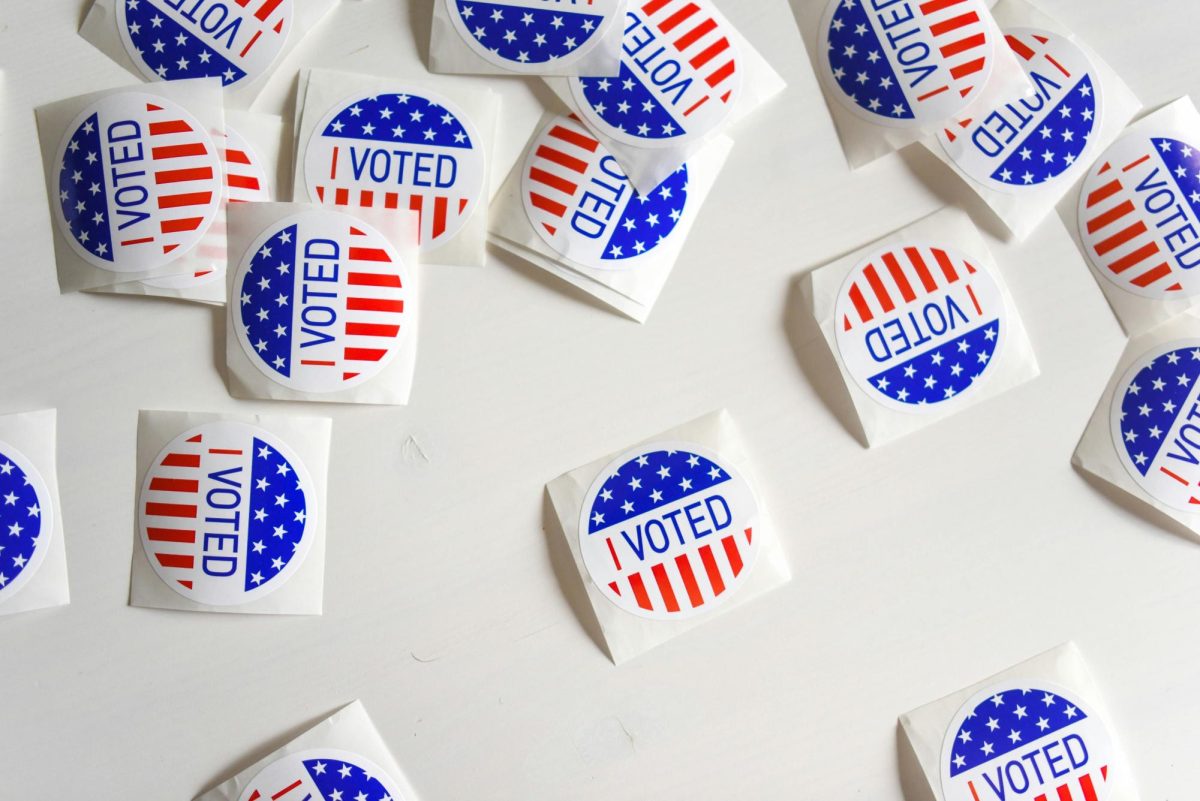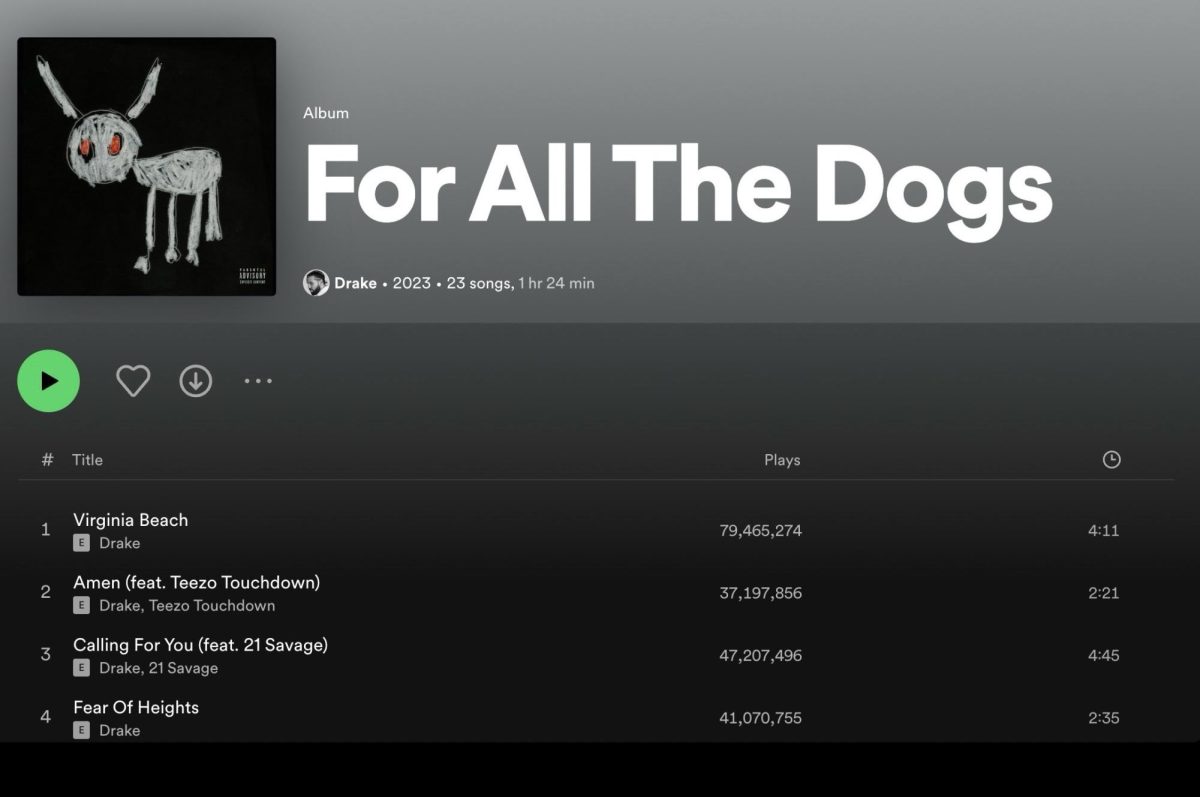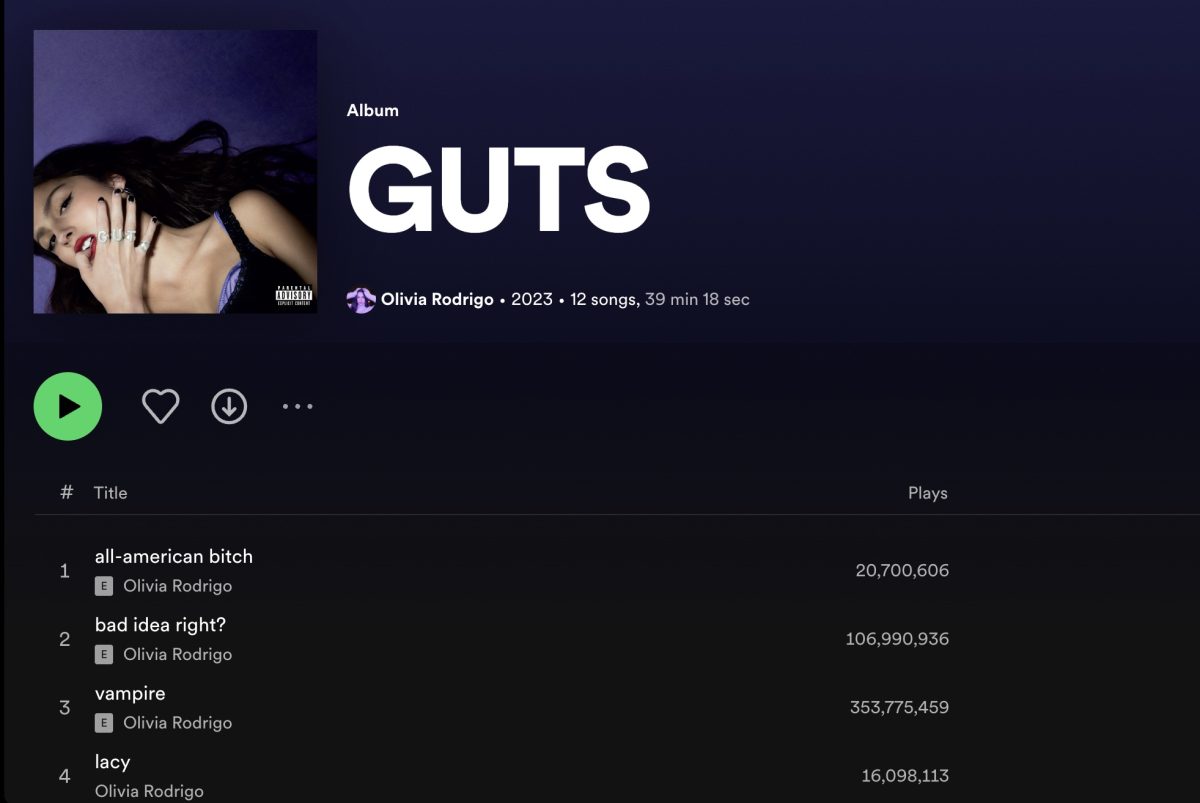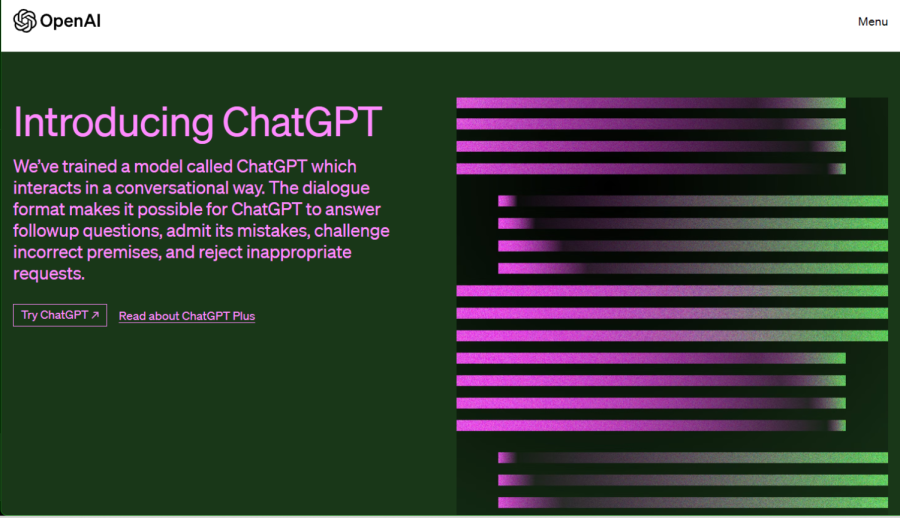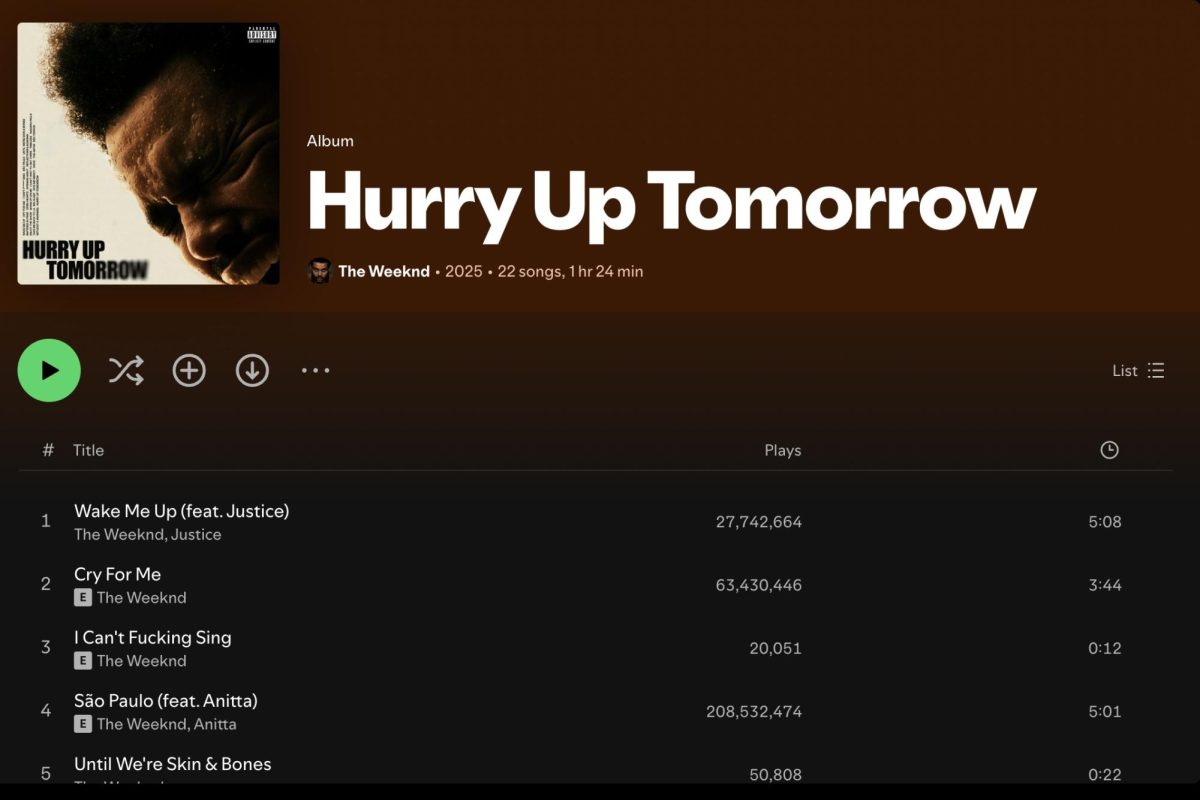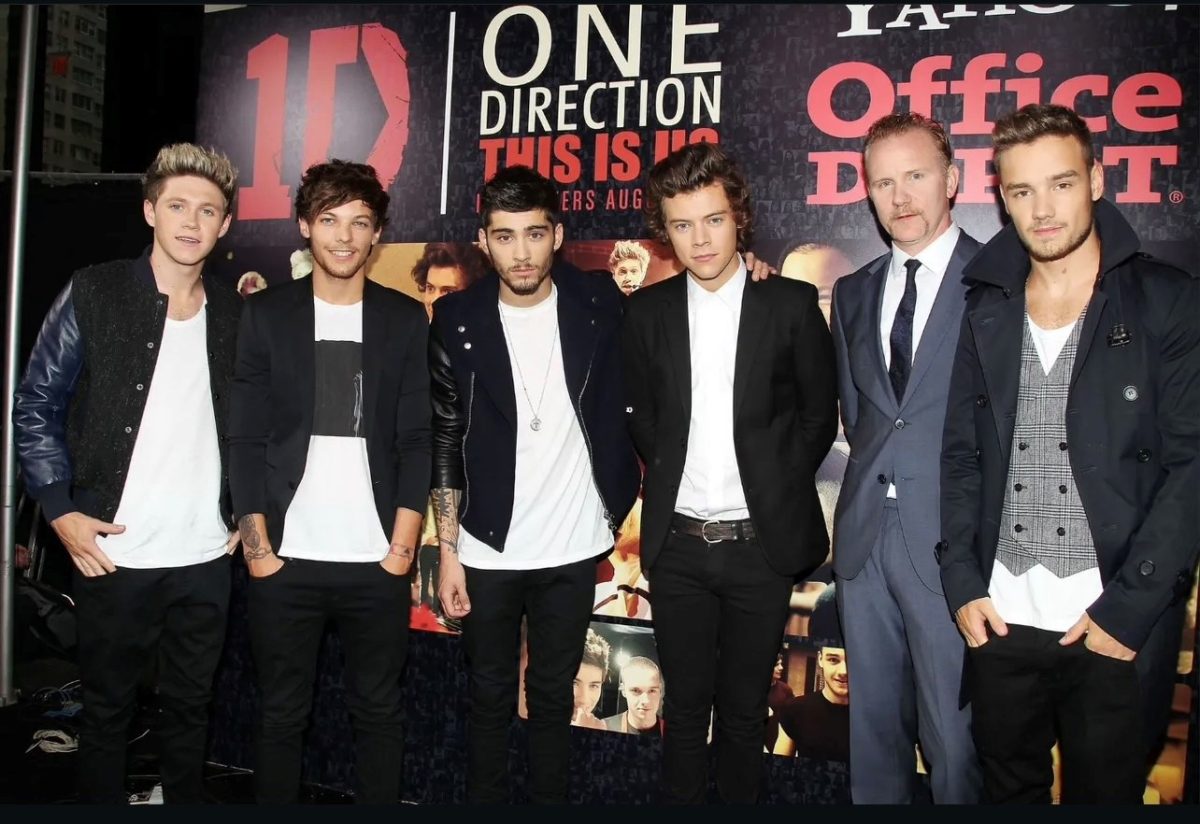On the first day of Women’s History Month, the streaming site Twitch released an online campaign that celebrated “Womxn’s History Month”. The result of this, while well-intentioned for the sake of inclusivity, brought forth an emotional response from the trans community.
In a now-deleted tweet, Twitch beckoned audiences: “Join us in celebrating and supporting all Womxn creating their own worlds, building their communities and leading the way on Twitch.”
The term “womxn” is inherently problematic—why are trans women not included under the term for women? Many trans women express concern over this term, as its’ implications exclude and promote othering trans people.
Since the campaign was launched, Twitch responded to the negative response and released a statement in support of the LGBTQIA+ community stating, “We will be using the spelling ‘women’ moving forward.” Excellent, now we can move on.
But on International Women’s Day, the Burger King UK Twitter account offered a clickbait-esque tweet to address the lack of women in culinary industries: “Women belong in the kitchen.”
The tweet is immediately followed up with: “If they want to, of course. Yet only 20% of chefs are women. We’re on a mission to change the gender ratio in the restaurant industry by empowering female employees with the opportunity to pursue a culinary career. #IWD.”
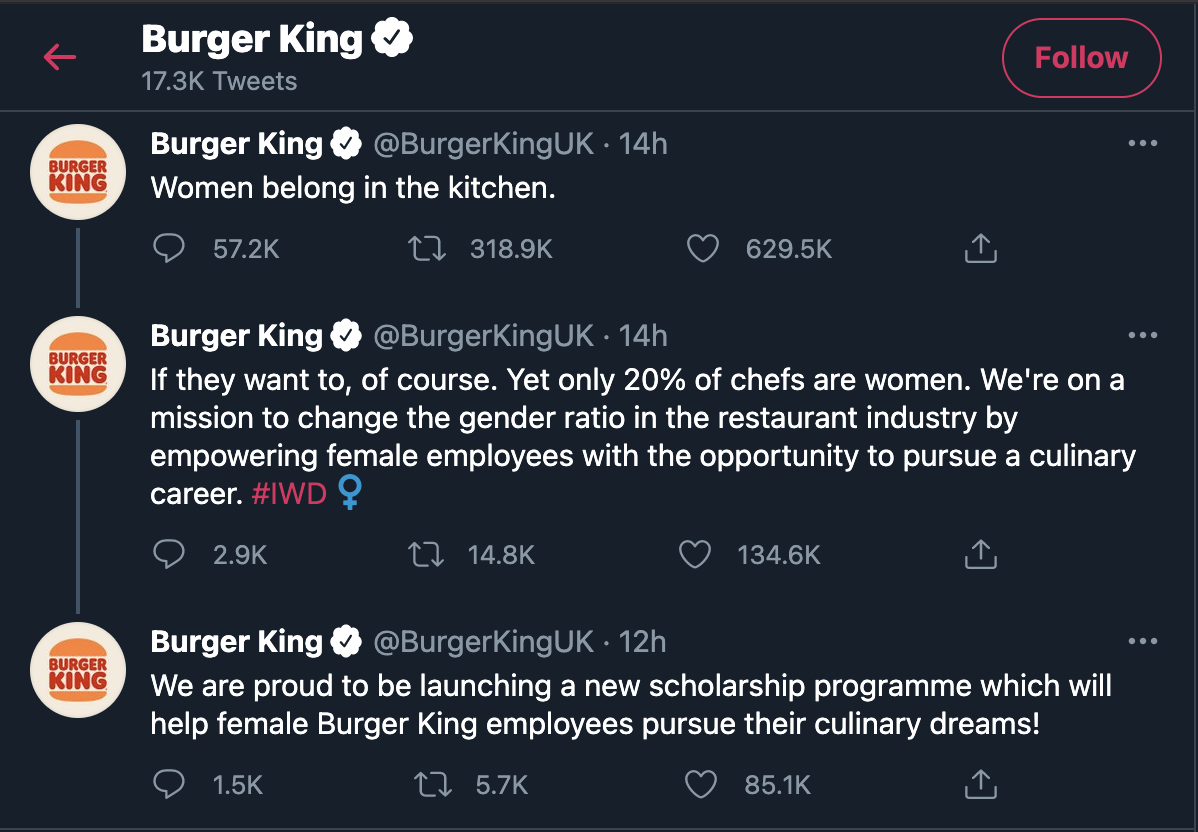
The series of tweets, now deleted, ultimately conclude with Burger King announcing a scholarship program for their women employees, but the initial tweet was done in bad taste. Much like the Twitch debacle, this was well-intentioned but poorly executed.
Corporations like Twitch and Burger King are using controversy to generate publicity and attention to their brand. This commodification of gender inequity is harmful to the communities that these companies seem to support because it sets a precedent for suffering to become exploitative corporate opportunities.
For the remainder of Women’s History Month, the dialogue must be centered on solving issues that threaten and disrupt the daily lives of billions of women. Concrete issues such as eliminating the gender pay gap, promoting intersectionality that remains inclusive and ending violence against women should be at the forefront of this month.

